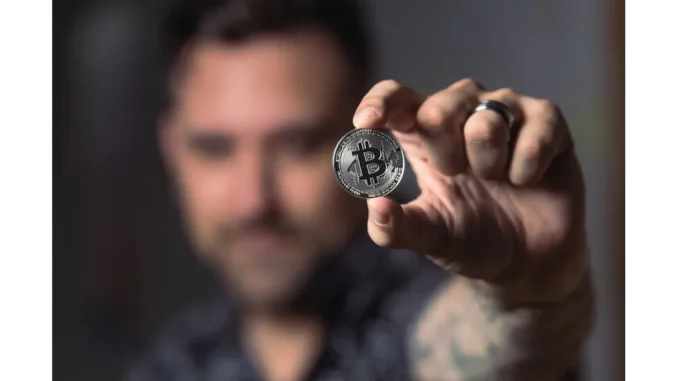
In the dynamic landscape of Venezuela’s political and economic affairs, cryptocurrency, particularly Bitcoin, has emerged as a pivotal point of discussion. Opposition leader María Corina Machado has proposed the establishment of a Bitcoin reserve, while President Nicolás Maduro has reiterated the importance of embracing digital currencies. These initiatives are seen as potential mechanisms to stabilize the economy amid severe hyperinflation and to bypass stringent international sanctions.
María Corina Machado, a significant figure in Venezuela’s opposition, has introduced a visionary proposal to create a Bitcoin reserve as part of a comprehensive strategy to mitigate the nation’s financial turmoil. Machado contends that a Bitcoin reserve can shield Venezuela from the relentless devaluation of its national currency, the bolívar, and the ravages of hyperinflation. She argues that Bitcoin, with its decentralized structure and capped supply, presents a sustainable and robust alternative to traditional fiat currencies.
Despite the promise it holds, Machado’s proposal is fraught with challenges. The inherent volatility of Bitcoin and other cryptocurrencies raises substantial concerns. Critics warn that Bitcoin’s unpredictable value could jeopardize Venezuela’s financial stability. However, proponents argue that the potential benefits surpass the risks involved, citing the example of El Salvador, which has successfully integrated Bitcoin as legal tender, demonstrating the cryptocurrency’s potential to bolster national economies.
On the opposite end of the political spectrum, President Nicolás Maduro has renewed his advocacy for cryptocurrency. Maduro has consistently championed the use of digital currencies to circumvent international sanctions. In his recent pronouncements, he emphasized the necessity for Venezuela to recommit to the crypto pathway, underscoring the potential of such currencies to facilitate international trade and attract investment.
Maduro’s administration has already ventured into the cryptocurrency arena with the introduction of the Petro, a state-backed digital currency. However, the Petro has faced numerous obstacles, including widespread skepticism from both domestic and international stakeholders. Despite these challenges, Maduro remains steadfast in his commitment to integrating cryptocurrency into Venezuela’s economic structure.
The convergence of interest in cryptocurrency from both Machado and Maduro highlights a growing recognition of digital currencies as potential instruments for economic stabilization and growth. The success of these initiatives, however, hinges on several critical factors, including the development of robust regulatory frameworks, the establishment of advanced technological infrastructure, and the degree of public acceptance.
Adding further context to this discussion, a recent report by the Global Anti-Money Laundering and Financial Terrorism Task Force of Latin America (GAFILAT) revealed that Bitcoin has not significantly contributed to money laundering activities in the region. This finding is particularly relevant as it addresses one of the major concerns often associated with the adoption of cryptocurrencies. The report implies that with the implementation of appropriate regulatory measures, the risks linked to cryptocurrency can be effectively managed, bolstering the arguments made by both Machado and Maduro.
As Venezuela grapples with its complex political and economic challenges, the proposals by María Corina Machado and Nicolás Maduro to leverage cryptocurrency as a solution underscore a broader trend towards digital currency adoption in Latin America. While the path forward is laden with risks and difficulties, the potential advantages, such as economic stability and the ability to sidestep international sanctions, present a compelling case for cryptocurrency integration. The ongoing discourse and developments in this realm will undoubtedly continue to capture significant attention and debate as Venezuela navigates its future.

Be the first to comment